The struggle of the disadvantaged and the marginalized for rights as well as improved conditions, and especially the rights of citizenship, is a prominent thread running through the history of the West. Political theorists have been writing about citizenship for over two thousand years, and it has been practiced for even longer. No wonder, therefore, that the concept and status of citizenship have accumulated a complex variety of interpretations. However, no age before ours has had such a widespread and pressing need to understand these accounts. Modern citizenship has developed not only as a consequence of popular democratic pressures, but also in response to the ruling-class’s requirements for security, a factor ignored by may theorists of citizenship. Today, citizenship is generally taken to include a universal right to a level of economic and social well-being in addition to the rights of equality before the law and political participation. Modern citizenship, comprising at least universal civil, political and social rights, is not only complex but fraught with internal tension as the distinct right which constitute it tend to generate different and sometimes contradictory pressures. This book explains why an understanding of citizenship rights is important for social and political analysis, and goes on to treat both the relationship between the distinct elements of citizenship an its effects on class inequality, on social and political integration, and on the structure and operation of the state. Current approaches to modern citizenship began with the publication by T.H. Marshall’s ‘Citizenship and Social Class’ in 1950. This book dealing directly with the historical development of modern citizenship and its social and political consequences, offers a distinctive interpretation and critique of T.H. Marshall’s theory, and makes a modest contribution to the debate generated by Marshall. Structured analytically, the book introduces the reader to all the facets of citizenship. These are illustrated by reference both to a board range of theoretical writings from Aristotle to the present day, and to the actual provisions of the status of citizenship in a number of countries. The volume explores, in addition, a diverse range of pressing issues, including the differences between the civic republican and liberal styles of citizenship; the origins and current relationship between citizenship and nationality and the issue of multiculturalism; the problems experienced by ‘second-class’ citizens; the concept of ‘multiple citizenship’ including the status of EU citizenship; the changing definition of ‘world citizenship’ in a globalising world and the role of education in creating citizens. This book makes an attempt to transform our understanding of citizenship. It should become required reading in any course in political theory, philosophy, history, international relations and comparative politics that considers this key concept and its practical political and policy implications.
Citizenship in a Globalising World
In stock
Free & Quick Delivery Worldwide
Bibliographic information
Title
Citizenship in a Globalising World
Author
Edition
1st ed.
Publisher
Kaveri Books, 2007
ISBN
8174790829
Length
xiv+373p., References; Index; 23cm.
Subjects

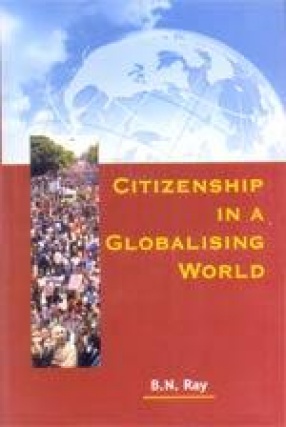
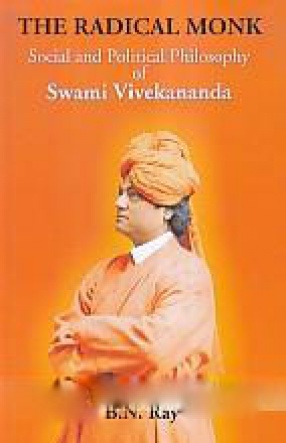
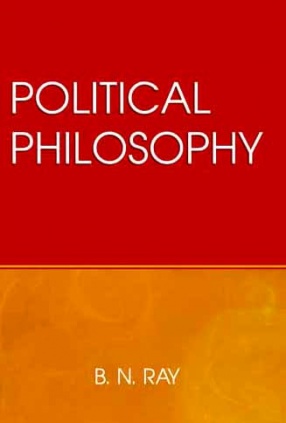
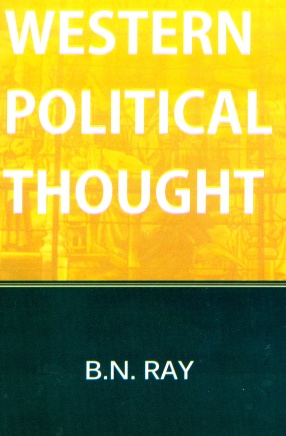

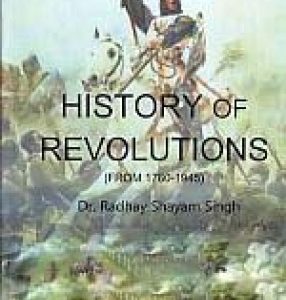
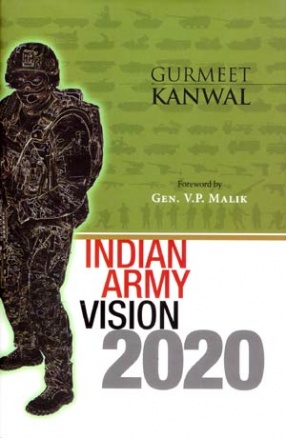
There are no reviews yet.